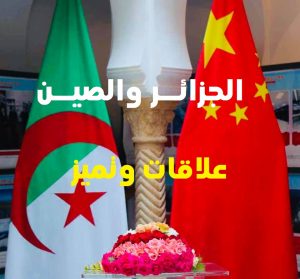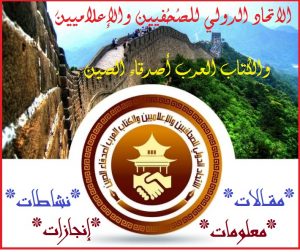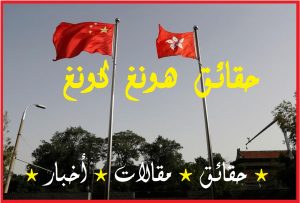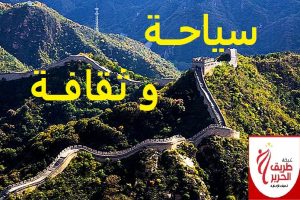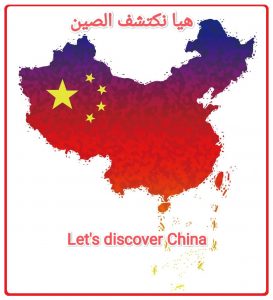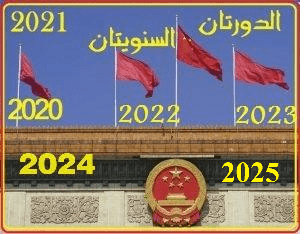Indonesia’s Independence Day: Lessons from History and Aspirations for the Future
منذ 6 أشهر في 17/أغسطس/2025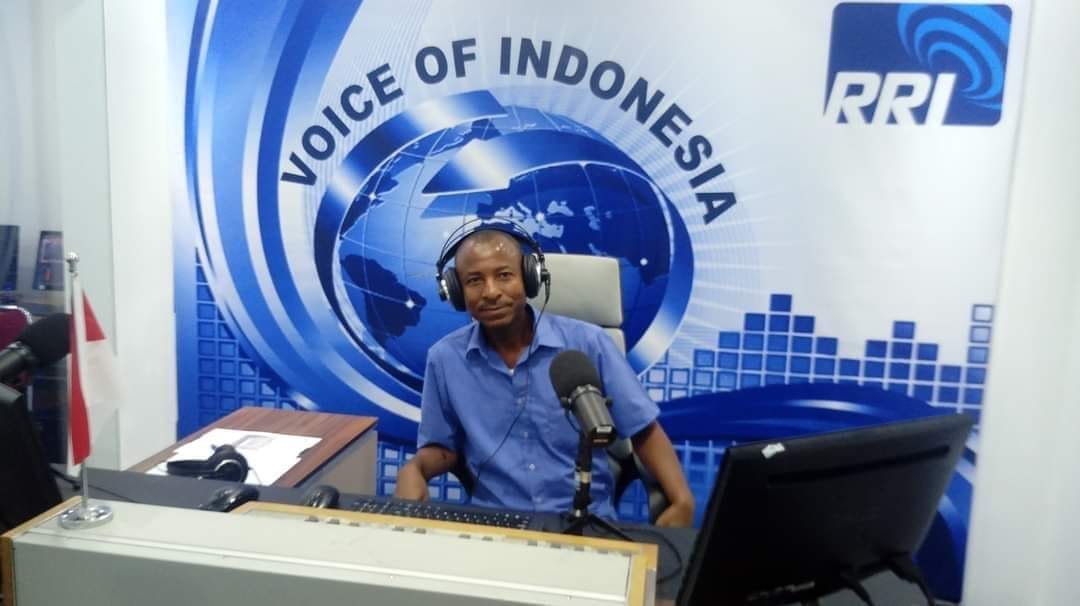
/شبكة طريق الحرير الإخبارية/ Silk Road News Network/
Indonesia’s Independence Day: Lessons from History and Aspirations for the Future
Translation from Arabic to English
by: Abdelkader KHELIL
Every year on August 17, Indonesia celebrates its Independence Day, commemorating the proclamation of freedom in 1945 after long decades of Dutch colonialism. This event was not merely the birth of a new state in Southeast Asia, but also the beginning of a new era of anti-colonial struggle across the developing world, inspiring many nations in Asia and Africa to move forward on the path to liberation.
Indonesia’s independence is a unique historical milestone, achieved under highly complex global circumstances. At the end of World War II, with the decline of traditional colonial powers, nationalist movements in Java, Sumatra, and other islands seized the opportunity to unite and declare independence under the leadership of Sukarno and Mohammad Hatta. Despite Dutch attempts to return, the resilience and determination of the Indonesian people ultimately secured international recognition of their republic.
Today, nearly eight decades later, Indonesia stands as one of the world’s largest democracies, with a population exceeding 270 million people, making it the fourth most populous nation and the largest Muslim-majority country. The nation has successfully maintained the unity of its vast archipelago of more than 17,000 islands by upholding the principle of “Unity in Diversity”, which has become a national motto.
In recent years, under the leadership of former president Joko Widodo (Jokowi), Indonesia witnessed significant progress. His policies focused on developing massive infrastructure projects—roads, ports, airports—boosting the digital economy, and making Indonesia more attractive to investment. These achievements strengthened the country’s position in Asia and globally, reinforcing confidence in its ability to achieve sustainable development.
With the election of the current president, Prabowo Subianto, Indonesians now face a new stage that requires continuing modernization while addressing key challenges. These include ensuring social justice, reducing economic disparities between islands, combating corruption, and maintaining stability amid regional and global shifts. Indonesia’s ambition to become one of the world’s top five economies in the coming decades also demands stronger efforts in education, technology, and innovation.
Indonesia’s experience offers the world an important lesson: that great sacrifices are the path to freedom, and that national unity is the first condition for building a strong state. Looking ahead, Jakarta strives to strengthen its role as a rising power in economics, politics, and culture, reflecting the ambitions of its people and their rich civilizational heritage.
On this special occasion, we extend our heartfelt congratulations to the Indonesian people, wishing them continued progress and prosperity, and to Indonesia success in its journey as a bridge between civilizations and a model of development and unity in diversity.
Truly and sincerely, the Indonesian people deserve all the best, and I will never forget the warm welcome and hospitality I received during my first visit to Jakarta in 2019، at the invitation of Radio Republic of Indonesia.
Happy Independence Day, and may Indonesia and the Indonesian people be well and happy every year.

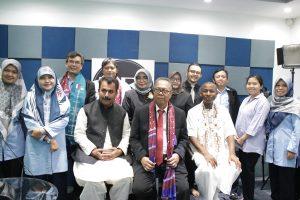
* Abdelkader Khelil – Editor-in-Chief of the Silk Road News Network in Algeria, member of the National Union of Algerian Journalists and Media Professionals, and president of the cultural association Ambassadors Without Borders.
A loyal listener of Radio Voice of Indonesia.*

